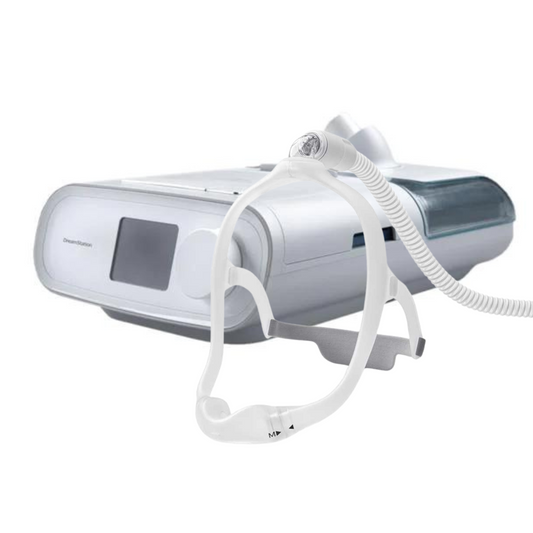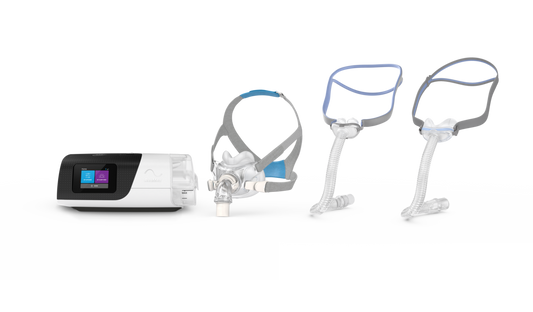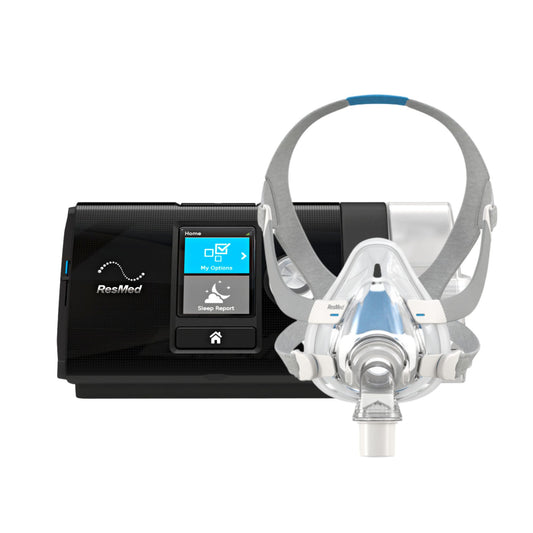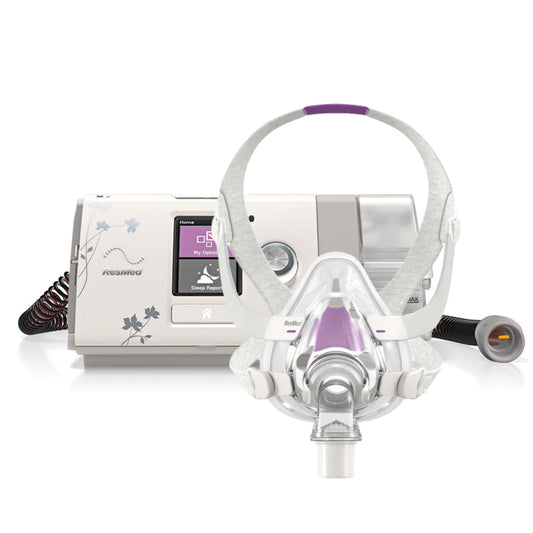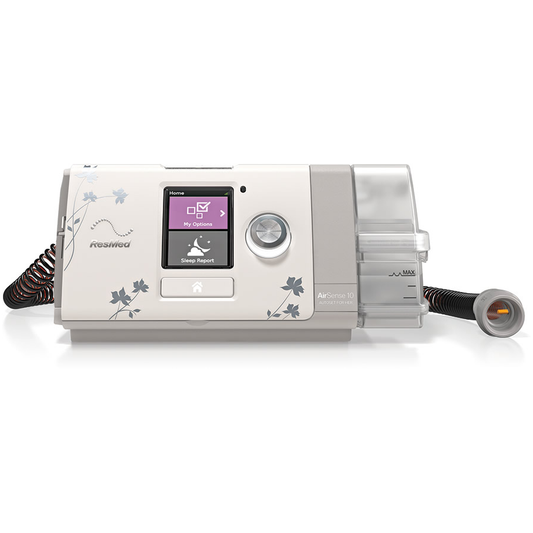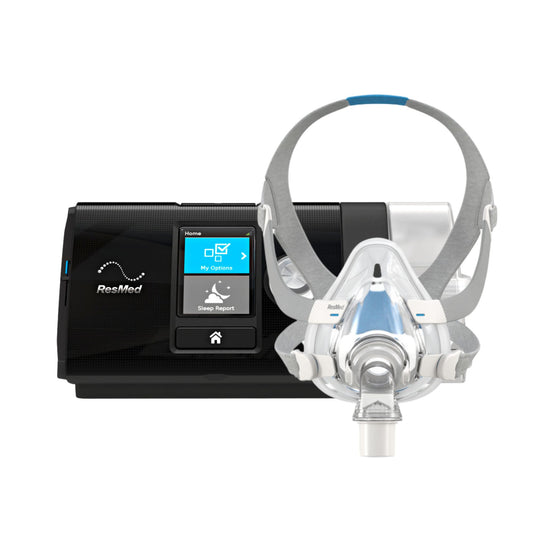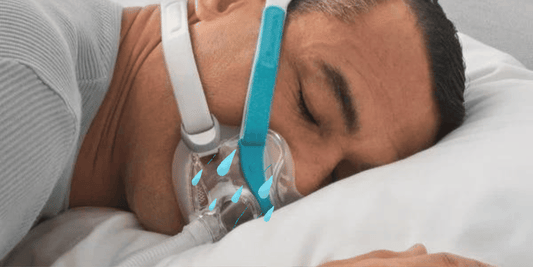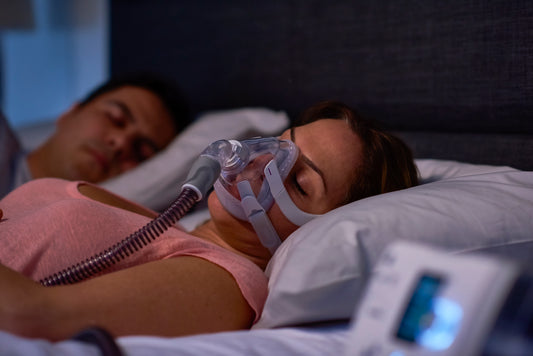A study done by University of California, Los Angeles (UCLA) scientists indicated that obstructive sleep apnoea (OSA) is linked to cognitive deficiencies. Published in the American Journal of Respiratory and Critical Care Medicine, the research indicated that OSA patients show a loss of gray matter in areas of the brain that control breathing and speech. The interruptions in breathing that diminish the brain’s oxygen supply are a major factor that could cause brain damage.
Dr. Ronald Harper said that sleep apnoea has been linked to comorbidities such as heart diseases, diabetes, kidney disease, hypertension, and obesity to name a few. This study supported the theory that the brain wiring of patients with sleep apnoea is not normal and thus adversely affects the brain regions that control the airway muscles. The study afforded new evidence that supported the theory that patients with OSA may be suffering from a mild form of brain damage. It is possible that the damage precedes the onset of obstructive sleep apnoea and impacts its development.
Together with Dr. Paul Macey and in collaboration with UCLA, Dr. Harper and his team used magnetic resonance imaging (MIR) to scan and compare the brains of 21 men diagnosed without OSA and 21 men with OSA. These two sets of men were aptly matched in terms of weight and age. Possible effects of hypertension, severity of OSA, tobacco use, cardiovascular health, and whether they were right or left-handed, were considered and factored-in. The result of the test was weighted against from more than 150 normal MRI scans provided by the Montreal Neurological Institute. The research team found that the test subjects with OSA had less gray matter.
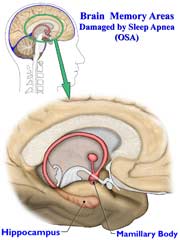
The reduction of gray matter occurred on both sides of the brain but many test subjects with sleep apnoea also showed one-sided reduction of gray matter. The loss of tissue was more evident in the region of the brain that controls speech, emotion, respiration, memory and motor control. The result of the test also indicated that the severity of the patient’s sleep apnoea correlates to the severity of brain damage.
An interesting finding is that 38% of participants with OSA had history of stuttering as children. The study supports the statement that children who stutter because of brain wiring deficiency developed sleep apnoea because of upper airway muscle dis-coordination. If a child is obese, his diminished airway or any other anatomical factor could lead to obstructive sleep apnoea. The results of the test suggest that the root of the disorder could have developed in childhood.
Harper and his team said that their findings indicate that sleep apnea is a pre-existing condition that could have been brought about by a child’s diminished brain wiring. The damage to the brain’s speech center could trigger problems in the muscles that control a person’s airway. The next step is to determine whether speech impediments could serve as diagnostic clue for the assessment and treatment of sleep apnoea.
Next week we will further discuss the correlation between OSA and stuttering.

